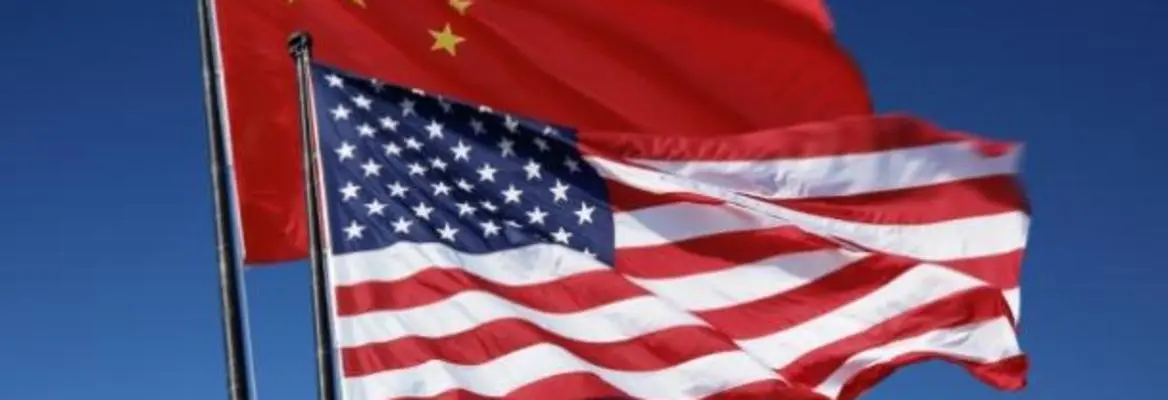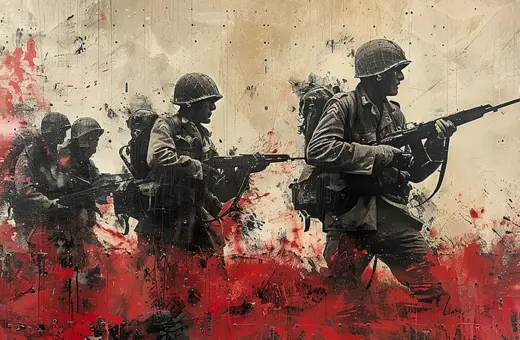Across the world, the spectre of war looms large. In many places it is already here. US air strikes against Isis in Syria, sporadic fighting in the Ukraine, shelling in Gaza, and China and Japan in dispute over the Senkaku Islands: all the while, the established global superpowers seem reluctant to intervene. Are we seeing a changing of the guard, away from American dominance of the world stage? If so, will this open up a power vacuum, and which countries would be looking to step into it?
Not yet, says Rana Mitter, in Part I of Drawing a Red Line, our two-part interrogation into the changing balance of global power. Not so, says Martin Jacques in Part II, who argues that we're witnessing the rapid decline of Europe and the US and the inevitable rise of China. For Mitter, though, this is still very much a story of America and how Barack Obama responds to global events. While Russia may be flexing its muscles, he argues, China is yet to formulate a coherent global vision. Mitter is a historian, author and broadcaster, and Professor of the History and Politics of Modern China at Oxford. Here he speaks to the IAI about China’s tense relations with Russia, Obama’s lack of clear foreign policy, and the similarities between ISIS and Vietnam in the 1960s.
Have recent events, whether in China or Russia, changed your mind at all about US dominance?
No, the reverse. Let me tell you why I think that’s the case. I think it’s becoming increasingly clear that the other powers in the region are trying to reposition themselves – we had the debate in May, and since then the ISIS problem has really leapt up in terms of world attention. Obviously there have also been further developments with the destabilisation of Ukraine, and there continue to be rumblings from the Asia Pacific although it hasn’t been quite as loud as those other two questions, the Middle East and Eastern Europe. I think in that context, it’s very clear if you look at global conversations, that the vast majority of attention has been turned back to the United States. Now, obviously a lot of what has been said has been about why Obama isn’t doing more, why the US isn’t doing more, but if you think about the point of the conversation, it is still very much the US to which attention is being turned.
In May, we heard much talk about how Russia and China are going to be playing major new roles in terms of world governance and solving these problems. But that just hasn’t come to pass. I was in China myself a few weeks ago, I talked to various people involved in policy making and so forth, and they were, behind the scenes, pretty clear about the fact that they did not see China taking any kind of leading role in terms of solving these sorts of problems. There was no prospect, from what they were saying, of a Chinese intervention with Russia on questions like the Ukraine, and there’s no prospect of a Chinese intervention of any sort in the Middle East. So in terms of questions of global order, world order, I think the story is still very much about the United States, even if it’s that the United States isn’t doing more.
Isn’t the US’s lack of intervention during the invasion of Crimea a sign that Russia does hold sway as a comparable superpower? Don’t the signs show that the US is in fear of Russia?



















Join the conversation